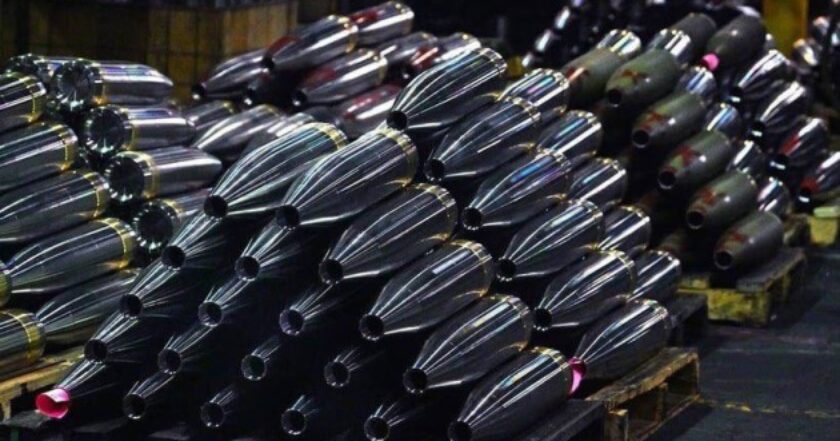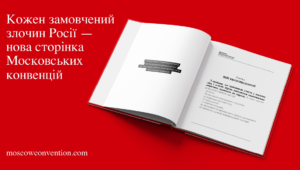United to win: US makes agreements with Bulgaria and South Korea to supply 155 mm ammunition to Ukraine

The United States is trying to increase the supply of 155-mm ammunition, which is critical for Ukraine, to support the counteroffensive of the Defense Forces, the Financial Times reports.
What is the problem?
According to American officials, Ukraine now fires up to 8,000 artillery rounds daily, exceeding US production.
The White House has known for several months that Ukraine's stockpiles of ammunition have run out. That is why the US stepped up efforts to deliver shells to Kyiv.
The US is actively working to increase supplies of critical 155 mm ammunition to support Ukraine's counteroffensive against Russian forces along the entire front line.
Efforts include sourcing from international partners shortly, with plans to increase production in the US over the next two years.
What is the solution?
According to the American officials cited by the publication, the United States has already concluded agreements with Bulgaria and South Korea on supplying shells to Ukraine. It is in talks with Japan about the same.
How does it work?
The sources told the Financial Times that the US efforts to provide weapons are focused on supplying more 155 mm caliber shells.
The US aims to achieve an increase in supplies at the expense of international allies in the short term and the US over the next two years due to increased production.
According to the US military, Washington aims to produce up to 90,000 munitions a month by fiscal year 2025, up from 24,000 now and 14,000 a month before Russia's full-scale invasion of Ukraine.
The United States builds more production lines, retools a plant in Canada, and installs a new assembly line in Texas. Army officials said they may also create new facilities to load, assemble and package 155 mm ammunition in Arkansas, Iowa, and Kansas.
Background
The US allocated a military aid package to Ukraine worth $800 million. It included cluster ammunition for the first time. The White House previously explained that providing cluster munitions is a temporary measure until the capacity to produce conventional artillery ammunition is deployed. Ukraine undertook to minimize the risk of using cluster munitions.
As Rubryka reported, the German arms company Rheinmetall plans to open tank repair centers in Ukraine in the fall, for which it is already training specialists. Germany updated the list of military aid that was transferred to Ukraine. The Armed Forces of Ukraine, among other weapons, received dozens of reconnaissance drones and Gepard self-propelled anti-aircraft guns.





















































